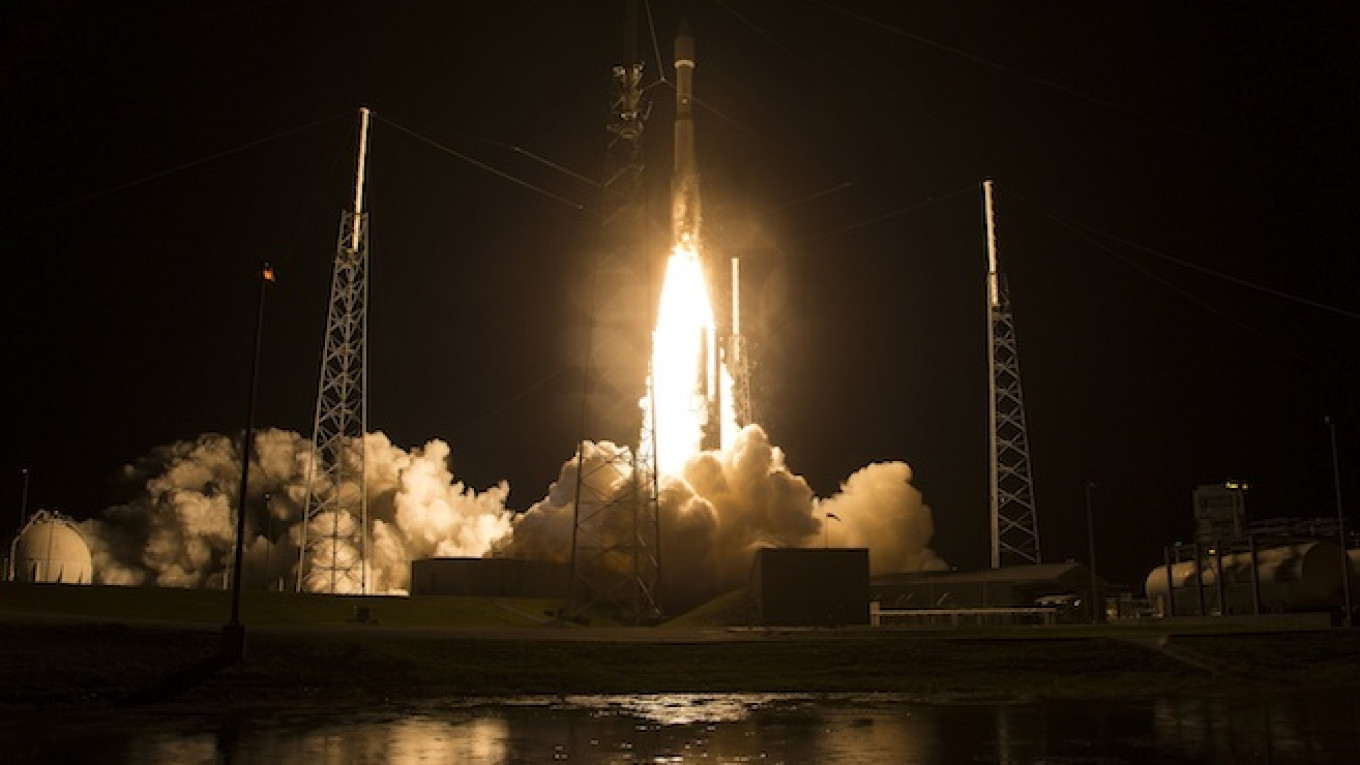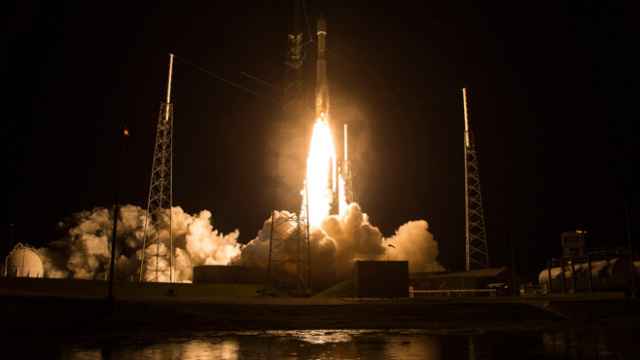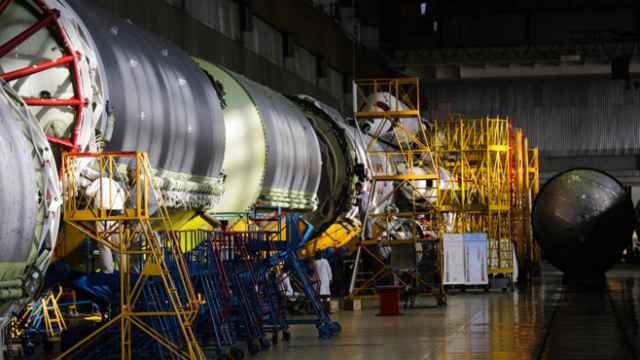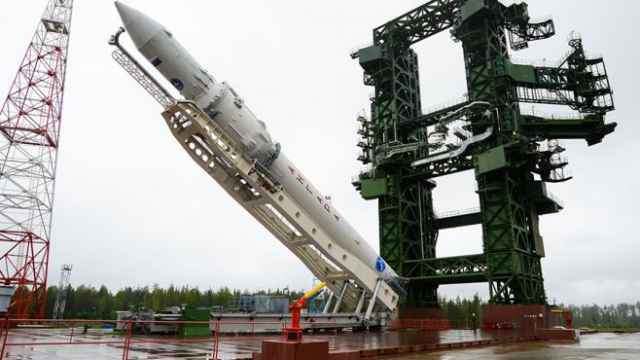WASHINGTON — The U.S. Air Force plans to release a draft request for proposals next month in its bid to end U.S. reliance on Russian rocket engines, and could award initial study contracts by the end of the 2015 fiscal year, Air Force officials have said.
They told U.S. lawmakers on Tuesday that the Air Force planned to focus the closely watched competition on launch services rather than development of a new American engine, since any engine must be closely integrated with the rocket it fuels.
Congress is pushing for development of a U.S. engine amid rising tensions between the United States and Russia over Moscow's annexation last year of the Crimea region of Ukraine.
The Russian-built RD-180 engine now powers the Atlas 5, one of two rockets used by United Launch Alliance, a joint venture of Lockheed Martin Corp and Boeing Co, which launches most big U.S. military and intelligence satellites.
Privately held Space Exploration Technologies, or SpaceX, expects to be certified by June to compete for some of those launches, but it may be years before its Falcon Heavy rocket is certified to launch the heaviest intelligence satellites.
Top SpaceX and ULA executives squared off during a hearing of the strategic forces subcommittee of the House Armed Services Committee, whose chairman is pushing for a change in a clause of the 2015 defense policy bill that requires a halt in use of Russian engines by 2019.
ULA says the restriction would put it at a competitive disadvantage for several years after 2019, until it completes work on a new U.S.-powered rocket. The company is phasing out use of all but its heaviest Delta 4 rockets in coming years, given their high cost, but its new launch vehicle will not be certified for use until 2022 or 2023.
ULA President Tory Bruno told lawmakers that the cost of that Delta Heavy rocket could reach $1 billion once the ban on Russian engines takes effect, and before its new rocket was available and certified to carry out Air Force launches.
Air Force officials said the situation could result in a several-year gap during which it might face exorbitant bills for launching the heaviest intelligence satellites. However, those satellites are launched only once every two or three years.
Gwynne Shotwell, president of SpaceX, said her company remained upbeat about completing a test flight of its Falcon Heavy rocket this year and believed it could be certified for launch 14-16 months later.
A Message from The Moscow Times:
Dear readers,
We are facing unprecedented challenges. Russia's Prosecutor General's Office has designated The Moscow Times as an "undesirable" organization, criminalizing our work and putting our staff at risk of prosecution. This follows our earlier unjust labeling as a "foreign agent."
These actions are direct attempts to silence independent journalism in Russia. The authorities claim our work "discredits the decisions of the Russian leadership." We see things differently: we strive to provide accurate, unbiased reporting on Russia.
We, the journalists of The Moscow Times, refuse to be silenced. But to continue our work, we need your help.
Your support, no matter how small, makes a world of difference. If you can, please support us monthly starting from just $2. It's quick to set up, and every contribution makes a significant impact.
By supporting The Moscow Times, you're defending open, independent journalism in the face of repression. Thank you for standing with us.
Remind me later.






